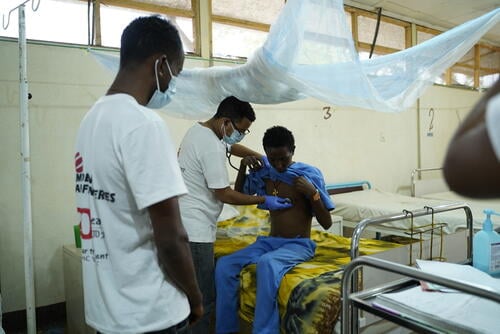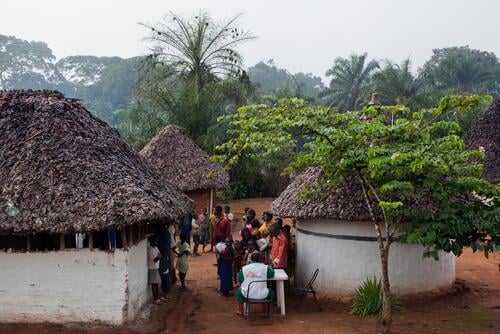A neglected tropical disease, kala azar is caused by a parasite, spread to humans through the bite of infected female sand flies. It attacks the immune system and is almost always fatal if not treated.
Also known as visceral leishmaniasis, kala azar is the most serious form of leishmaniasis and is endemic in 76 countries, with hundreds of millions at risk of infection. There are between 50,000 and 90,000 new cases a year, about 90 per cent of which occur in Brazil, Ethiopia, India, Kenya, Somalia, South Sudan and Sudan. Between 1989 and 2020, MSF teams treated nearly 150,000 people for kala azar; over a third in South Sudan.
Diagnosis and treatment of the disease, especially of the variety found in eastern Africa, can be complex and painful.
Featured
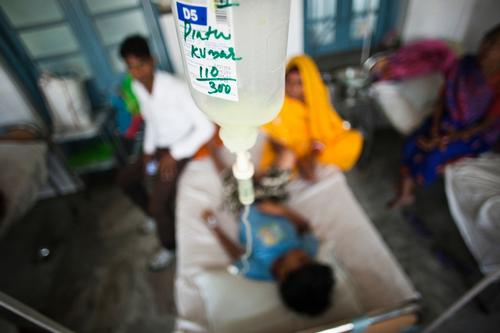
Better detection, diagnosis and treatment needed for neglected complication of kala azar in Bihar
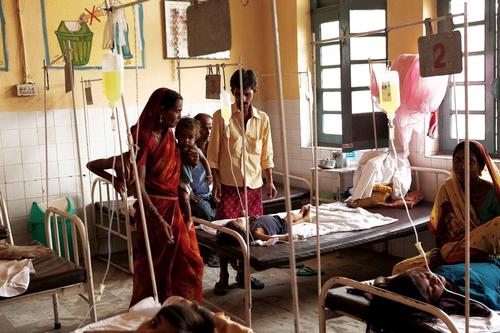
Access to kala azar treatment in public healthcare system needs to be scaled up
Clinical Epidemiology, Diagnosis and Treatment of Visceral Leishmaniasis in the Pokot Endemic Area of Uganda and Kenya
Five-Year Field Results and Long-Term Effectiveness of 20 mg/kg Liposomal Amphotericin B (Ambisome) for Visceral Leishmaniasis in Bihar, India
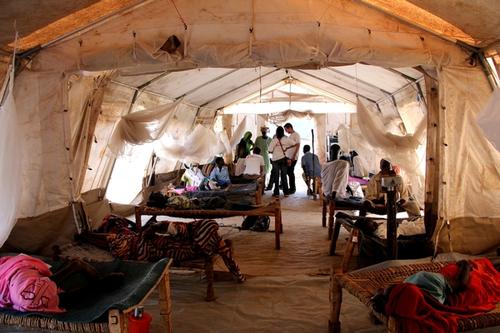
Medical care in South Sudan's Batil camp
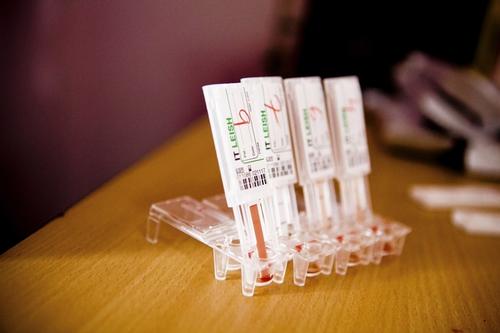
Fighting Neglect: Finding ways to manage and control visceral leishmaniasis, human African trypanosomiasis and Chagas disease
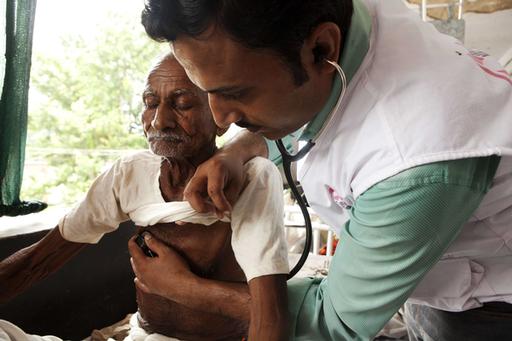
New MSF report highlights how to break cycle of neglect

Combating tropical diseases: What is still missing

MSF statement in response to Gilead donation of AmBisome for visceral leishmaniasis

East African HIV programmes must wake up to visceral leishmaniasis

Fighting kala azar in Bihar

Kala Azar treatment brings lifelong immunity

MSF Field Research
We produce important research based on our field experience. So far, we have published articles in over 100 peer-reviewed journals. These articles have often changed clinical practice and have been used for humanitarian advocacy. All of these articles can be found on our dedicated Field Research website.
Visit site


